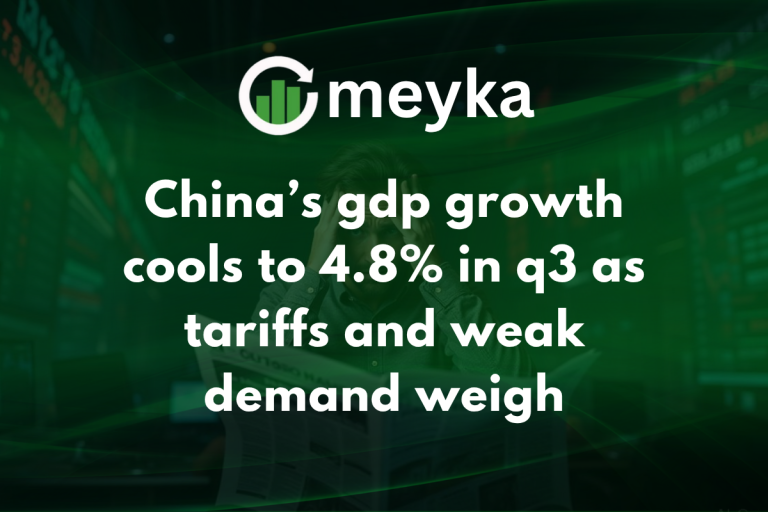Bank Holidays Today, Nov 23: Impact of Saturday Closures in India
Bank holidays in India often require adjustments from both banks and customers to ensure smooth financial operations. On November 23, 2025, banks will remain closed due to the fourth Saturday of the month. This scheduled closure, part of the Reserve Bank of India’s (RBI) holiday schedule, highlights the increasing reliance on digital banking services and online transactions. As traditional banking becomes less accessible, customers are adapting to these changes, leveraging technology to manage their financial needs efficiently.
Continue Reading on Meyka
This article is available in full on our main platform. Get access to complete analysis, stock insights, and more.
Read Full Article →





